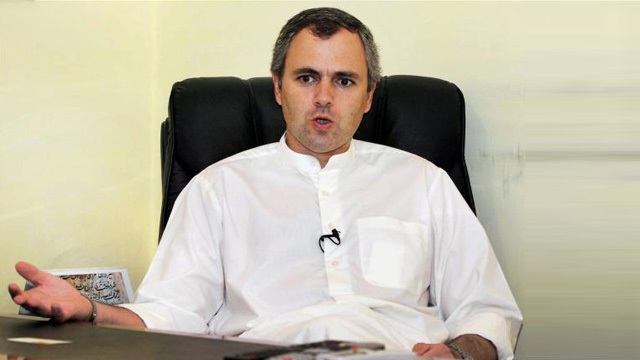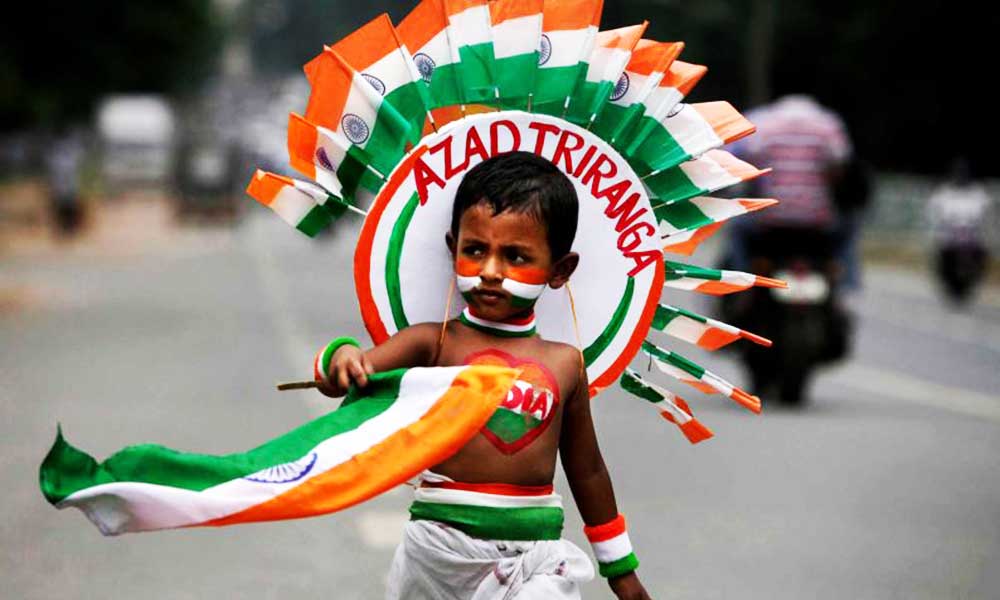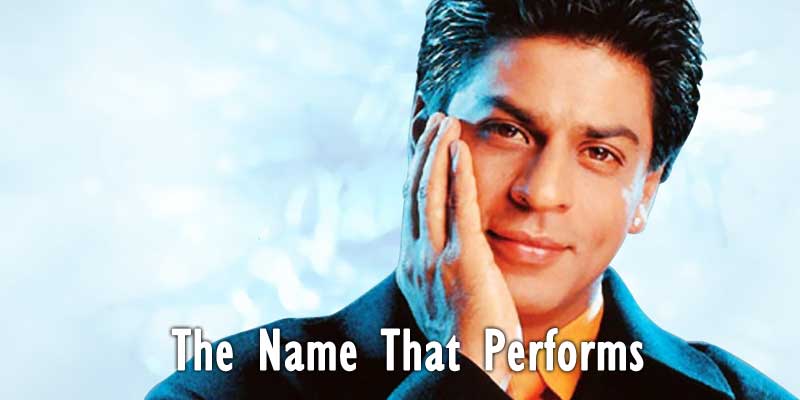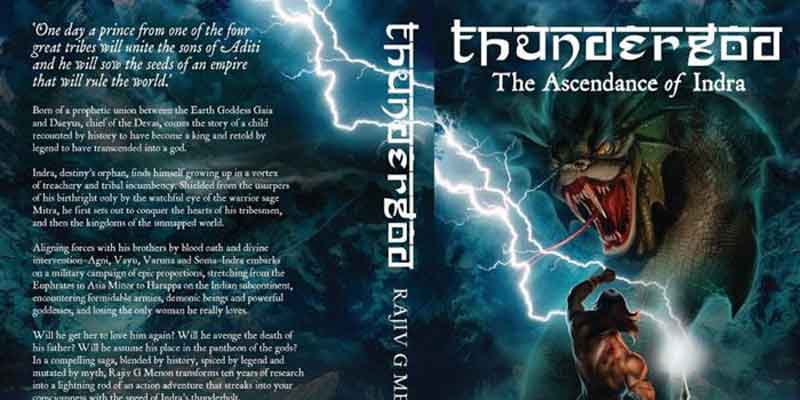Chief Minister Omar Abdullah on Wednesday told a European Union delegation that the accession of Jammu and Kashmir to India was on four issues of currency, communication, foreign affairs and defence.
Chief Minister Omar Abdullah on Wednesday told a European Union delegation that the accession of Jammu and Kashmir to India was on four issues of currency, communication, foreign affairs and defence.
During his interaction with the delegation members in Srinagar about economy and development affecting the political situation, Abdullah said he time and again made it clear that while economic development and peace could create conducive atmosphere for dialogue process, these could not solve the basic political issues confronting Jammu and Kashmir.
“You can neither buy a solution to a political problem nor shoot it out. You have to address it politically and only politically”, he said.
Highlighting the significance of his repeatedly advocating doctrine of dealing with political issues in a political framework, Abdullah referred to the special status of the state recognised by the constitution of India, an official statement issued here said.
“While all the states acceded to union of India and then merged with it, Jammu and Kashmir only acceded and not merged. That is why we have special status, our own constitution and the state flag,” he said adding that the political issues of Kashmir were not born with the militancy in 1990 but their genesis is associated with the partition of the country when the future of all states other than Jammu and Kashmir was decided.
Abdullah underlined the need for sustained internal and external dialogue between the central government and the separatists and the neighbouring countries of India and Pakistan to resolve the Kashmir issue once and for all.
The delegation was led by ambassador and head of the European Union to India, Joao Cravinho.
Omar also said there are diverse views regarding the Kashmir issue.
“While one extremist view is for secession, the other extremist opinion is total merger of the state with the union of India. Unless the process of dialogue is started with a view to find out flexibility in both of the views and carve out a roadmap of addressing the issues, the position will not change,” he said and referred to constitution of various teams of interlocutors and Track-II diplomacy to ascertain the public perception in general and the opinion of various shades of political beliefs to resolve the complex Kashmir issue.
The chief minister expressed dismay that these initiatives were not taken to the logical conclusion adding the latest interlocutors’ team formulated a comprehensive report after meeting some 6,000 opinion groups in all parts of the state.
He said the failure to make headway in this and in other reports formulated by others, including Justice Sageer Working Group on State-Centre Relations, make the people apprehensive and subscribe to the idea that union government engages people of the state when there is trouble in the state and sleeps over the situation when it is more or less conducive.
Abdullah said the constitution of India provides framework for the dialogue with the separatists adding their role in resolution of the issue is important as they are on different page rather than the mainstream parties whose views are candidly clear on the subject. He said the reluctance by separatists to get engaged in dialogue is a stumbling block in finding the roadmap to the problem.
He said that he does not see any immediate headwork in the India-Pakistan or centre-state dialogues for the fact that parliament elections are in the offing. However, he underscored the need for a positive and flexible approach by India, Pakistan and separatists to come on the same page to get the political issues of Jammu and Kashmir resolved politically.
Abdullah said he holds his view firmly and will continue to bat for revocation of Armed Forces (Special Powers) Act from the state gradually, reply to a question about the presence of the security forces in Kashmir.
The chief minister replied to questions on development, politics, peace initiatives, security, human rights asked by various ambassadors which included ambassador of Greece I.E. Raptakis, ambassador of Lithuania L. Talat-Kelpsa, ambassador of Austria B. Wrabetz, ambassador of Poland P. Klodkowski, ambassador of Ireland F. McLaughlin and others.
The European Union expressed gratitude to Abdullah for his candid and thought provoking interaction with the delegation and apprised him of their discussions with various groups and public representatives during their stay in Kashmir.
IANS





